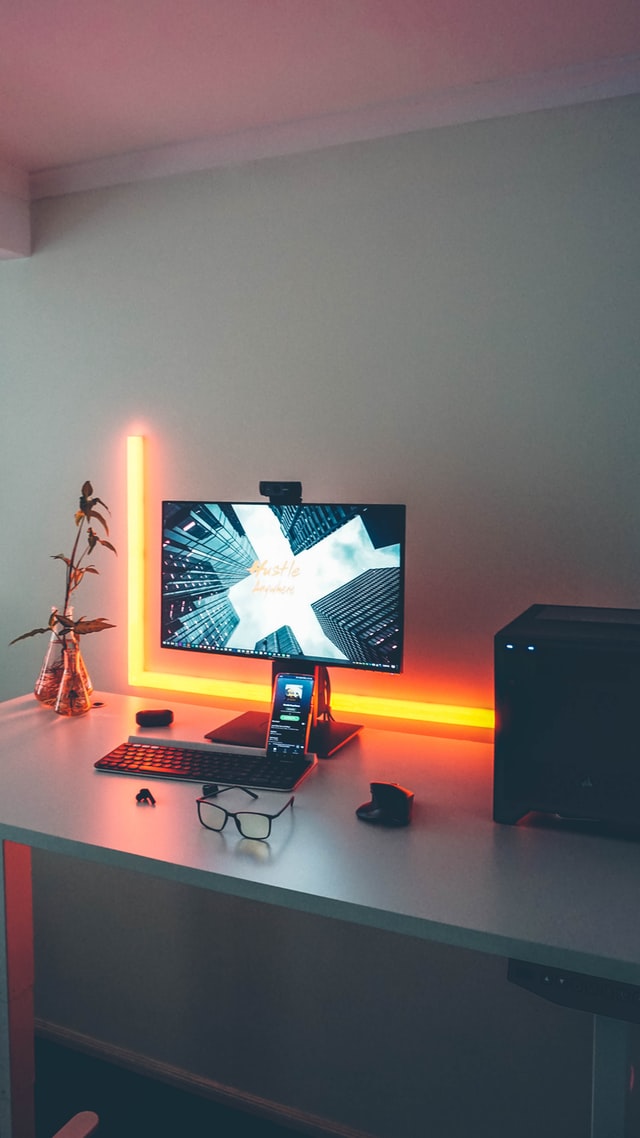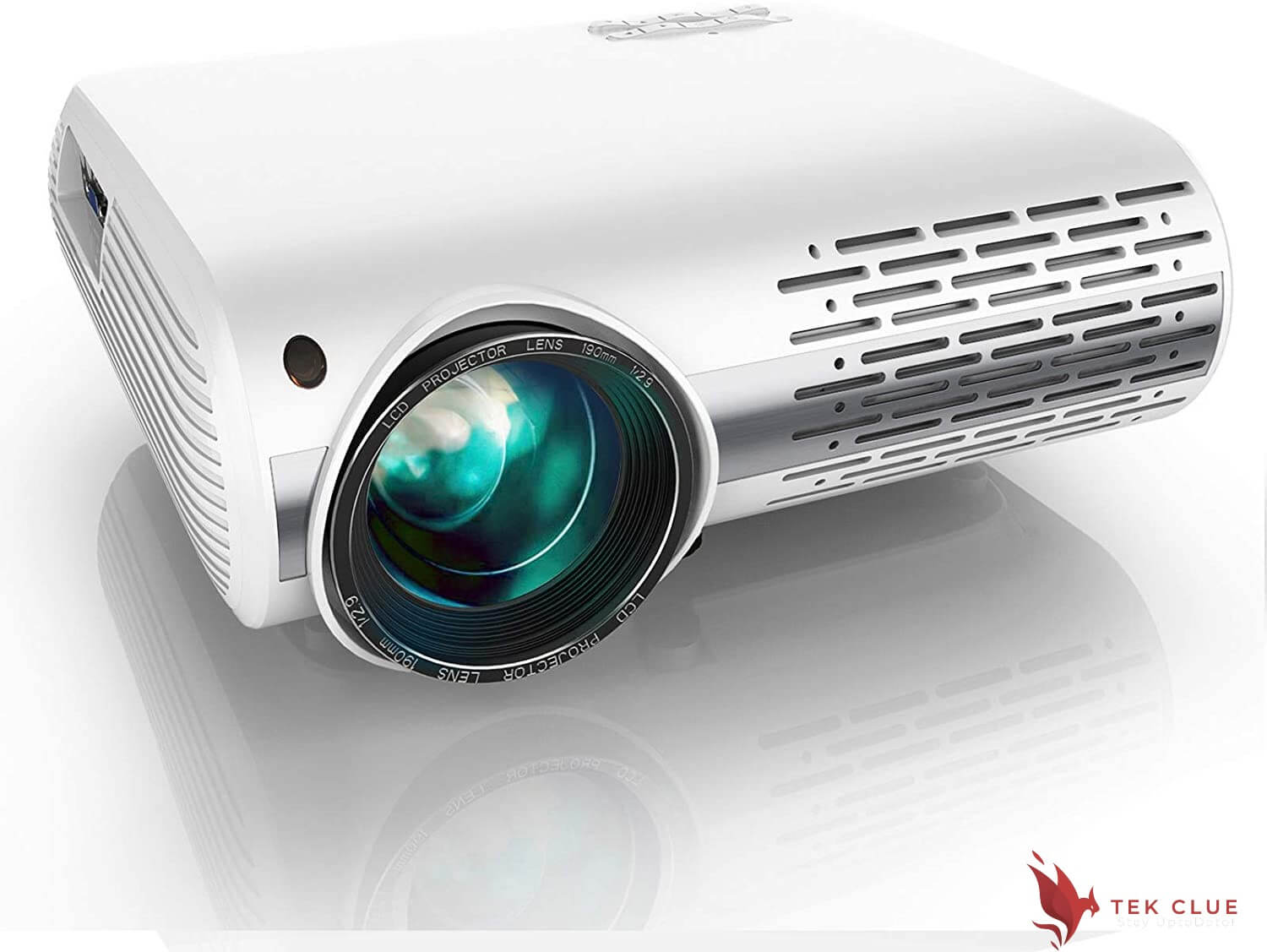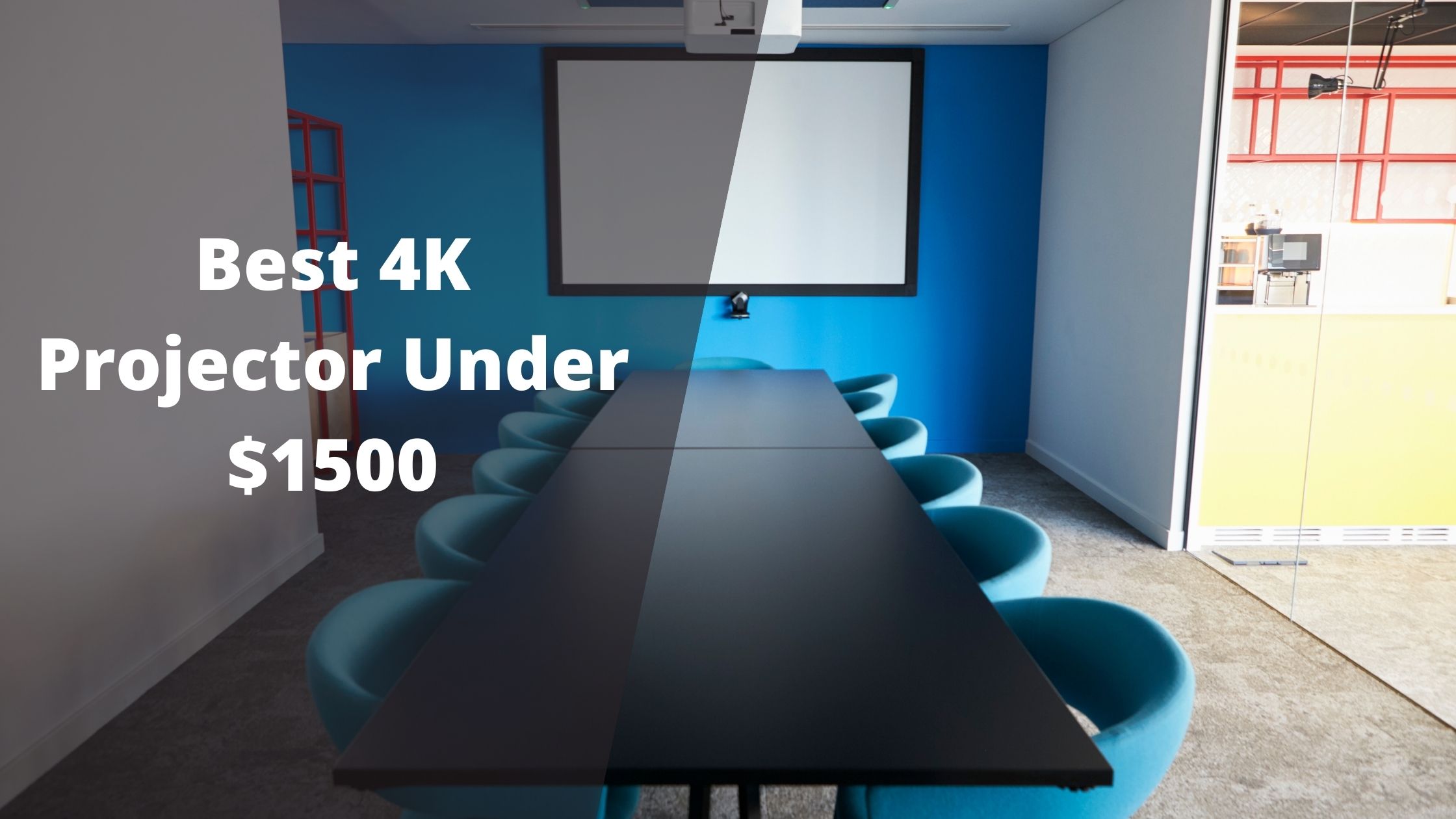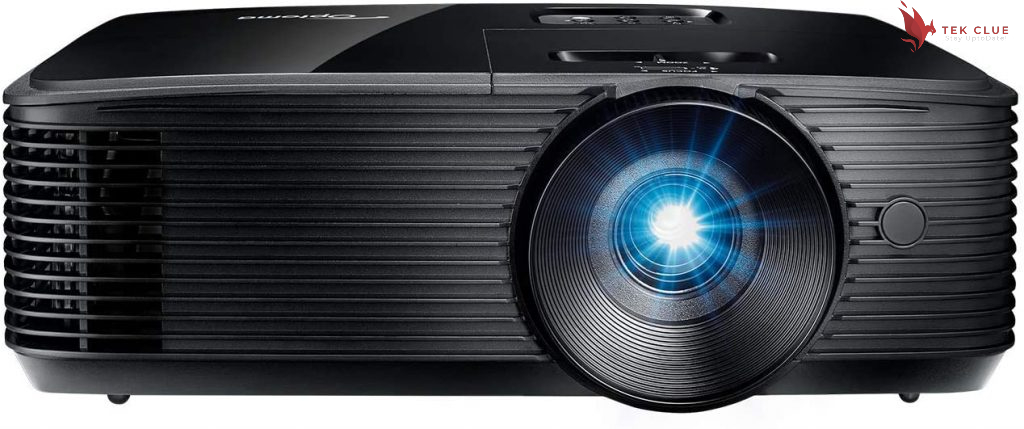If you’re here, then the chances are that we have something in common. If you are thinking Can My Computer Run 4K. Don’t worry this post is for you. You know what it’s like to want a crisp and sharp high-definition experience with vivid colors–just as so many other users do these days when they look at their screens or turn on the TV. And now 4K resolution is available for all of us! But can my computer run this? Well, allow me to walk you through everything you need if your current system doesn’t support such resolutions yet.
4k resolution, referred to as ultra HD, offers you a horizontal display resolution of about 4000 pixels with the vertical at 2000. You can find it in consumer media such as movies and TV shows and even more niche applications like movie projection for theaters.
You may also like Why Does My 4K TV Look Blurry, Weird, Grainy, Bad, Or Fuzzy? (Reason & Solution)
There are several different 4k resolutions used across various mediums so that we may find what best suits our needs depending on how they’re being utilized: 1800x1080p or 2400x1920p are often used by gaming consoles while 4320 x 2160 is usually found in TVs/monitors; but when will my computer be able to handle this?
I am always looking for the best possible resolution to watch media on, and if you are too, your computer must be able to handle 4K resolutions. The following guide will help determine whether or not your PC can run at a full 4k (4-times 1080p) resolution of 4096×2304 pixels with an aspect ratio of 16:9 if you have a Windows machine, some additional notes about how this might differ from Mac computers since they both use different operating systems.
If by “PC,” we mean any Microsoft Windows-based device including laptops and desktops running versions 7 through 10 – It may be hard, but it depends on which parts go into building up its hardware specs.
Steps to Find out if My Windows Computer Can Run 4K
Here are the following steps regarding your queries about Can My Computer Run 4K?.
You have some quality pictures and videos on your computer. But how can you share them with the world? To make sure they are just right, it helps to know a setting in Windows called ‘File Explorer Options.’ It allows people who don’t use Microsoft products to view or edit files listed in File Explorer without using additional software programs. If this sounds like something for you, head over to “Display Settings” from the bottom of your desktop.
Tap on “Display resolution” for more information.
The screen size is what you see with your eyes, while the display resolution has to do with how many pixels are presented in a given space (or inch). Display resolutions might be better when watching online videos or reading digital books because they show extra detail without making everything look blocky and pixelated.
You may also like 1080p vs 4k What is the Difference? Which is Better.
4K UHD is the highest Resolution available in consumer televisions. Unlike HD, 4k has four times as many pixels and a larger color gamut so that it seems clearer on your screen than ever before.
4K UHD is an increasingly popular choice for consumers looking to buy television sets because of its high definition picture quality, making everything appear sharper and more lifelike when viewed from close or far away.
When viewing a picture, you can change the Resolution to make it look better. Here’s how:
Select “view” under the menu bar and select “show options.” You should see an option labeled Resolution; this is where we’ll adjust your settings. Click on that dropdown box until you find one of three resolutions (high, medium, or low). Now click on the Ok button at the bottom right-hand corner of the screen to save changes.
Things to Consider for Your Computer to Run 4k
Following are the main points to consider for your computer to run 4K. Some important information regarding Can My Computer or PC Run 4K?.
Monitor and Frame Rate
According to one expert, your computer must run 4K resolution for a 60 FPS frame rate. To avoid lag and ensure the best possible gaming experience, you must have both of these qualities on your monitor as well.
There are very few monitors available today with this capability; however, our guide will help point out some options worth considering if you’re looking for something higher than 1080p but not 4k quality.
4k is an unfortunate reality for most gamers, especially those who play games at high frame rates.
The benefits of 4K are numerous – sharper textures, crisper visuals, and a more dynamic field of view, among others.
All this being said, it’s not all about gaming when considering which monitor to opt into either; you should be equally concerned with your productivity needs as well if needlessly browsing Facebook or checking email on a low-res screen isn’t cutting it anymore.
To enjoy these perks without any lag whatsoever, we recommend opting in for one capable of 60fps (or higher) since anything less than that would mean significant limitations such as choppy gameplay from increased input latency and decreased responsiveness.
Graphics and Cards
A powerful graphics card is a must for gaming, but it’s not the only thing you need. You also have to make sure your CPU can handle large amounts of information in one second, too- this means having enough headroom available (which may be less common than high-end Nvidia Graphics cards these days). The RTX2000 Super and 2070 Super from Nvidia are some examples that offer great performance at 4k resolutions even with 60+ fps games like Fortnite or Civilization VI.
You may also enjoy 1440p Vs 4K Which Resolution is the Best?
RAM and Processors
Processors and RAMs are still worth mentioning as they play a key role in your gaming experience. While recent Intel CPUs starting from the eight generations to date will run 4k, you should also look up what processor graphics or motherboard capabilities your CPU has before making any purchases.
Conclusion
Yes, your computer can run 4k. And as always, with any new technology that comes out on the market, it might seem overwhelming at first to figure out if you have all of the right hardware for a smooth and jampacking experience – but don’t worry. Many online resources will help you determine what exactly needs upgrading to get things running smoothly.












